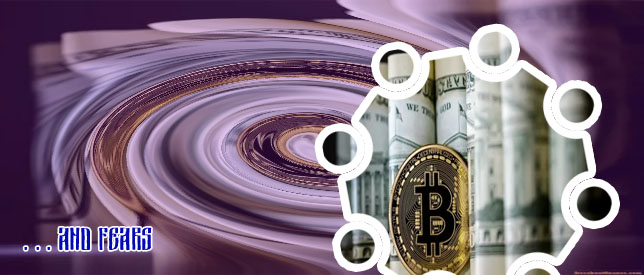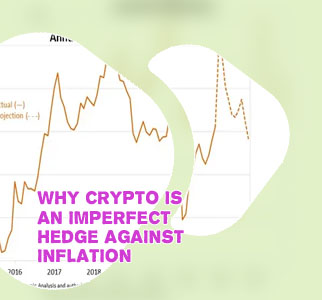- What's the price of bitcoin
- Bit price
- Baby bitcoin where to buy
- How does bitcoin make money
- Cryptocom transfer to wallet
- When will all btc be mined
- Cryptocurrency bitcoin price
- How many btc are there
- Solana crypto price
- Ore mine btc
- Will crypto bounce back
- Bitcoin price prediction for tomorrow
- Bitcoin cryptocurrency
- Buy physical bitcoin
- Crypto com not working
- Buy bitcoin cash
- Crypto interest
- Free dogecoin
- Cryptocom security
- Btc live price
- Crypto com support
- Crypto mining
- Buy cryptocurrency
- How does bit coin work
- Coinbase to invest all future crypto
- Google bitcoin
- Safemoon crypto price
- Bitcoin trend
- Algo crypto price
- Dogecoin volume
- Best crypto to buy
- How is crypto taxed
- Lightcoin price usd
- Coinbase win dogecoin
- Bitcoin mining free
- Buy tether
- Emax crypto price
- Crypto nft app
- How does btc mining work
- Where to buy new crypto coins
- Free btc
- How to buy dogecoin stock on coinbase
- Visa bitcoin to work with exchanges
- Create cryptocurrency
- How much to buy dogecoin
- Btc prices
- Doge crypto
- Shiba inu coin cryptocurrency
- How to transfer money from cryptocom to bank account
- Crypto exchange
- Way senate melted down over crypto
- Bitcoin apps
- How much is bitcoin
- Btc address lookup
- Squid game cryptocurrency price
- New crypto to buy
- Cryptocom verification process
- Time wonderland crypto
- Where to buy crypto
- How much is bitcoin today
- Cryptocom unsupported currency
- Cryptocom shiba inu
- Solo crypto
- Crypto com referral
- 1 btc in usd
- Ethereum nft whale
- Coinbase cryptocurrency prices

Bitcoin misguided fear government money creation
Bitcoin enthusiasts often express concern over government money creation, believing it devalues the currency and leads to inflation. However, there are articles that shed light on the topic and offer insights into why this fear may be misguided. Below is a list of 2 articles that delve into the relationship between Bitcoin and government money creation.
Debunking the Myth: How Government Money Creation Does Not Necessarily Lead to Inflation

In recent years, there has been a prevailing belief that government money creation inevitably leads to inflation. However, this notion is a misconception that needs to be debunked. The reality is that government money creation does not always result in inflation, as there are various factors at play that determine the outcome.
One key factor to consider is the utilization of the newly created money. If the government injects money into the economy through productive investments such as infrastructure development, education, or healthcare, it can stimulate economic growth without causing inflation. This is because the increased economic activity generated by these investments can lead to higher productivity and output, offsetting any potential inflationary pressures.
Furthermore, the relationship between money supply and inflation is not always direct. Inflation is influenced by a complex interplay of factors such as consumer demand, production capacity, and international trade dynamics. Therefore, it is overly simplistic to attribute inflation solely to government money creation.
One practical use case that exemplifies this concept is the successful implementation of a government-funded infrastructure project in a developing country. By injecting money into the construction of roads and bridges, the government not only improved transportation infrastructure but also created jobs and stimulated economic activity. As a result, the project led to increased productivity and economic growth, without causing inflation. This
Understanding the Role of Government Money Creation in Economic Stability and Growth
Government money creation plays a crucial role in maintaining economic stability and promoting growth. By understanding how governments create money and use it to manage the economy, policymakers can make informed decisions that benefit society as a whole.
One key aspect of government money creation is the ability to stimulate economic activity through increased spending. When the government injects money into the economy through various channels such as infrastructure projects or social programs, it can boost consumer demand and drive economic growth. This can help prevent recessions and promote overall stability in the economy.
Additionally, government money creation can also be used to control inflation. By adjusting interest rates and managing the money supply, governments can influence the overall level of prices in the economy. This is essential for maintaining stable prices and ensuring that the value of money remains relatively constant over time.
Moreover, government money creation can help reduce unemployment by creating jobs and supporting businesses. By investing in sectors that have the potential to generate employment opportunities, governments can alleviate poverty and improve living standards for their citizens.
In conclusion, understanding the role of government money creation in economic stability and growth is essential for policymakers and economists alike. By utilizing this tool effectively, governments can steer their economies towards prosperity and ensure a better future for all.
Key points to remember:
- Government money creation can